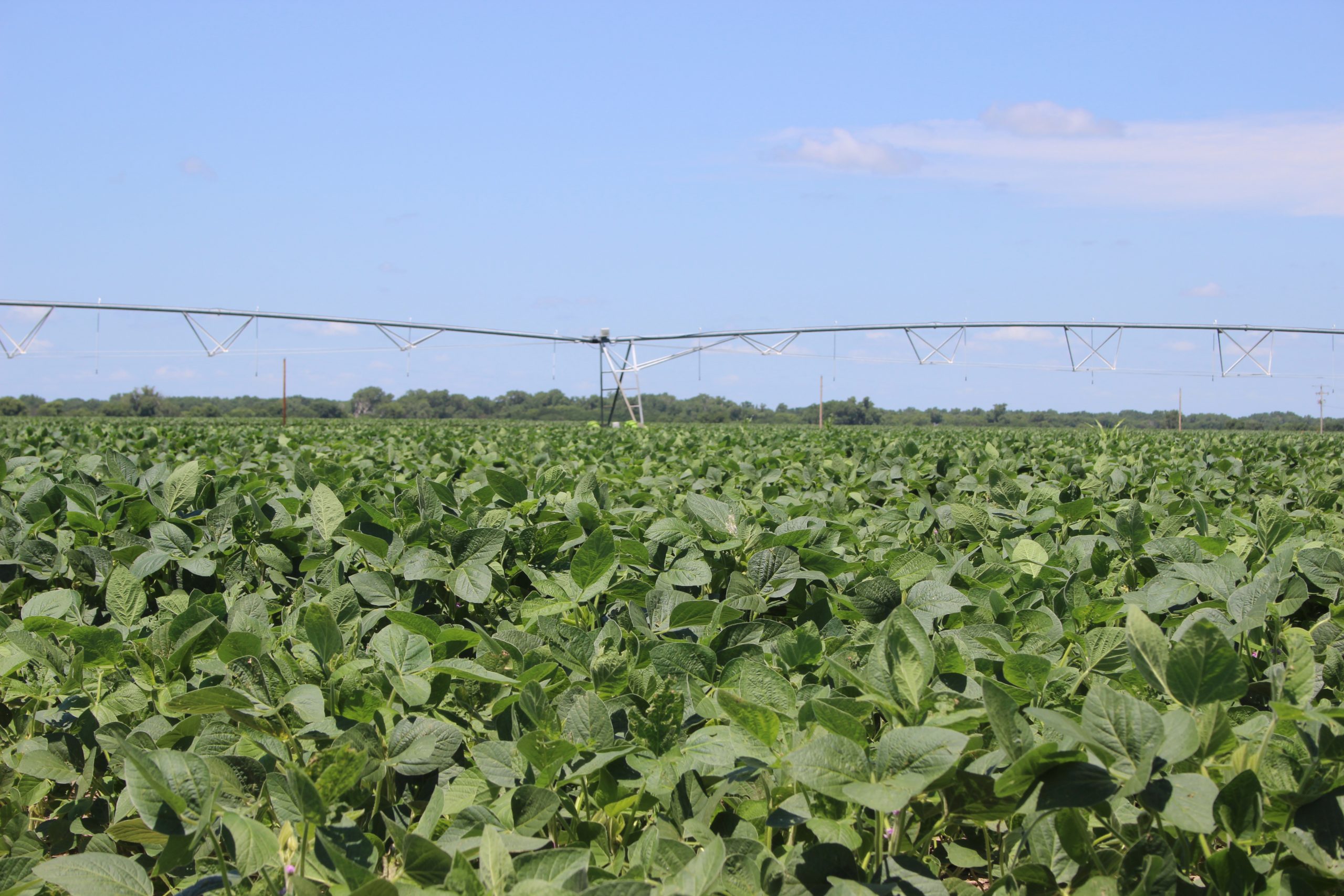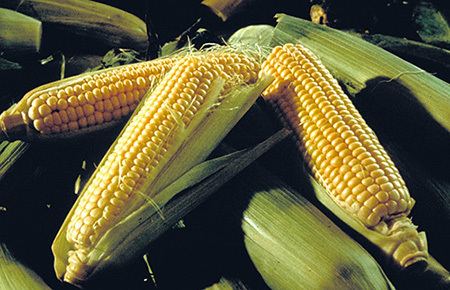Is your land lease agreement benefiting you?

The terms of a land lease agreement between a farmer and a landlord can significantly affect the net profit for both parties—whether it be a surplus or a deficit. Most lease agreements are designed as either share crop or cash-rent.
Share cropping is defined as a lease arrangement in which the landlord receives a fraction of the crop in return for the use of their land. Rodney Jones, Oklahoma State University Extension specialist for ag finance and management, said this agreement style requires the landlord to take on a share of the risk, and they sometimes pay a portion of the input expenses, such as fertilizer.
“In a high price year, they get a higher return, and in a low–price year, they get a lower return,” Jones said.
The most common terms for a share cropping agreement are that the farmer receives two-thirds of the crop and the landlord collects the remaining one-third. Jones said this division is equitable for dryland wheat production and is commonly used in the High Plains.
“It does not work out equitably at all when you throw other crops in the mix, like a dryland corn production,” Jones said. “That’s probably one of the reasons that we are shifting toward cash rental arrangements. It is also hard to find a historical norm when you start incorporating some different cropping practices.”
Simple cash-rent agreements are a fixed rate per acre, with the tenant paying all the operational expenses. Jones said a majority of the arrangements in the Southern Plains have transitioned to cash-rent.
“About the only expense landlords would typically incur under a cash-rental arrangement would be their property taxes,” Jones said. “However, sometimes they share in long-term improvements to the land. For example, if the land needed a lime application, which is a long-term input, under some cash rental arrangements, the landowner would share in that.”
It is not always true in farming, but great risk can reap great rewards. For farmers who gamble on yield potential and favorable weather, the returns can be bankable. With a cash-rent agreement, the extra profits stay with the farmer who invested the capital.
“I have a personal belief that cash rental arrangements can be beneficial to both parties because they provide the flexibility for the tenant to employ the management practices that they feel are best for the production on that land,” Jones said. “Knowing that they can do that allows them to bid up the cash rental rate to a point where the landlord may actually come out better than they would have long-term under a share crop arrangement.”
Jones said there are also variations of cash-rent agreements that are much more common in other states. These agreements are hybrids between share cropping and cash-rent and are called flexible cash-lease arrangements.
“There is a base cash rental fee paid per acre, but the rental arrangement states that the number will flex a little bit depending on yield or price,” Jones said. “They might get a little higher cash-rent in a good year, either from a yield perspective or from a price perspective. And they might even receive just a little bit lower cash-rent in a year where production was a little more challenging or prices were down.”
Contract considerations
The type of contract is not the only matter to consider with a lease agreement. Jones recommends landlords and tenants start off with a lease term that is longer than one year.
“This provides the incentive for that tenant to take the best care of that land resource and maintain the fertility and conservation practices,” Jones said.
Jones recommends a written rental agreement for every leased property, even if the landlord and tenant have had the same agreement for years without issues.
“Most rural landlords and tenants are honest folks, and they’ll stand by their word,” Jones said. “The problems occur when there is a transition to somebody else, like an heir or another generation. That’s when we run into a situation where somebody doesn’t remember or wasn’t ever told the specifics of what was agreed to verbally.”
Jones said it is also best to include a provision for the frequency that the terms of the lease will be renegotiated. He recommends reevaluating a lease every three to five years.
“Every so often you need to at least sit down and discuss whether the original terms of the lease are still appropriate, or does there need to be a switch in the rental rate or some other aspect of the lease,” he said.
Be a good landlord or tenant
The key to a prosperous tenant-landlord relationship is for both parties to strive to hold up their end of the bargain. Jones said a good tenant follows through with what they agreed to do for the landowner, is an effective communicator and takes care of the property.
“A lot of our landlords are at a distance, and they’re not geographically located where the land is,” Jones said. “Maybe they had predecessors in their family that owned the land, and they inherited it. If any unforeseen event like a fire or a tornado or some terrible weather event comes through, I think the tenant needs to stay in contact with the landlord and let them know what’s going on.”
Jones suggests tenants routinely check in with the landowner once or twice a year. He recommends email, text messaging, phone calls, a newsletter, website or social media page for farmers to stay connected with landlords.
“The key is that we just maintain some kind of communication between the landlord and the tenants so that we don’t have any surprises come up,” Jones said. “You don’t want to send your landlord a bill for something that they weren’t expecting. If you think an improvement needs to be made to the property that you as a tenant feel like the landlord should share in, discuss it with them first.”
Jones said an ideal landlord is concise in communicating their expectations to the tenant and fair in their dealings.
“Sometimes we get into disputes over things that don’t have anything to do with farming the land,” Jones said. “It’s things like who has the hunting or fishing rights on a pond. If those things are important, they need to be talked about at the beginning, right when the lease is being developed so that we don’t have disagreements later on.”
Lacey Vilhauer can be reached at 620-227-1871 or [email protected].



